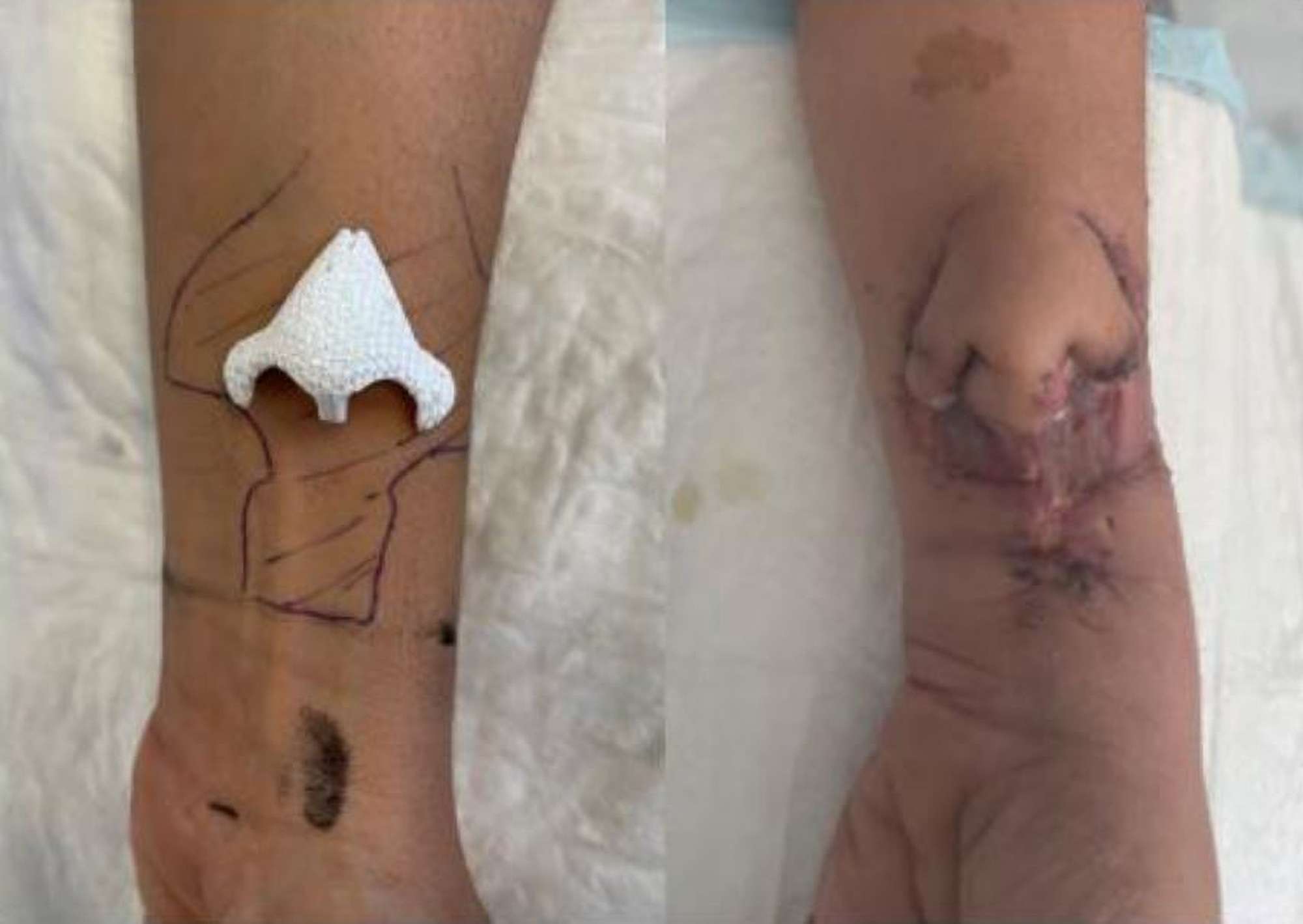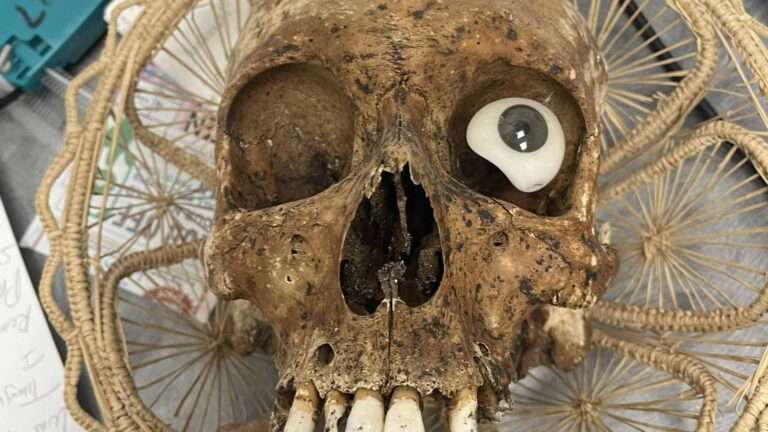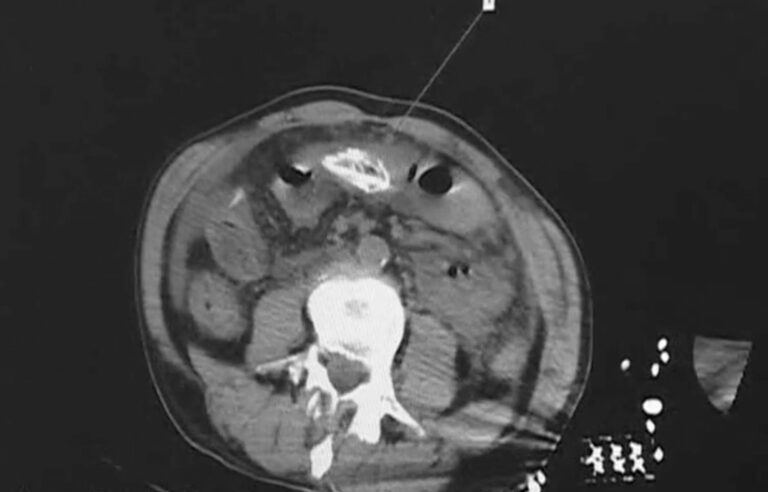Experts in France have grown a woman a new 3D-printed nose on her forearm after she lost hers to cancer.
Newsflash obtained a statement from the Toulouse University Hospital in southern France on 8th November saying they had “completely reconstructed the patient’s nose from a synthetic graft previously implanted in her forearm.”
The operation involved ear, nose and throat experts as well as plastic surgery teams at the Toulouse University Hospital and the Claudius Regaud Institute and took place at the Toulouse-Oncopole University Cancer Institute.
The hospital said that the operation was an “unprecedented intervention” and a “tailored intervention based on cutting-edge technology.”
They added: “The patient had been treated in 2013 for nasal cavity cancer (squamous cell carcinoma) by radiotherapy and chemotherapy. As a result of this treatment, she lost a large part of her nose as well as the front part of her palate.
“For more than four years, she lived without a nose, and dealt with a failed nasal reconstruction by grafting skin flaps, as well as difficulty using a wearable facial prosthesis.
“She was thus offered a nasal reconstruction using custom-made biomaterial, based on a two-stage surgical procedure performed by Pr Agnes Dupret-Bories and Dr Benjamin Vairel.”
The hospital explained that biomaterials are materials that are synthetic or living that can be used “for medical purposes to replace a part or a function of an organ or tissue.”
They added: “This type of reconstruction had never been performed before on such a fragile and poorly vascularised area and was made possible thanks to the collaboration of the medical teams with the company Cerhum, a Belgian manufacturer of medical devices specialising in bone reconstruction.
“This new technique also made it possible to overcome certain limitations presented by other techniques.”
The hospital has said that the transplant was a success after they used biomaterial to reconstruct the patient’s nose using 3D printing technology.
They said that they first implanted the biomaterial into the patient’s forearm and in September 2022, after two months of nurturing the implant, they harvested it and transplanted it into the patient’s nasal cavity.
They said that they managed to successfully re-vascularise the patient’s nasal cavity, connecting the blood vessels by performing microsurgery.
The hospital said that after 10 days in hospital and three weeks of antibiotics, the patient, who has not been named, is “doing very well”.
To find out more about the author, editor or agency that supplied this story – please click below.
Story By: Joseph Golder, Sub-Editor: Marija Stojkoska, Agency: Newsflash
The Ananova page is created by and dedicated to professional, independent freelance journalists. It is a place for us to showcase our work. When our news is sold to our media partners, we will include the link here.




